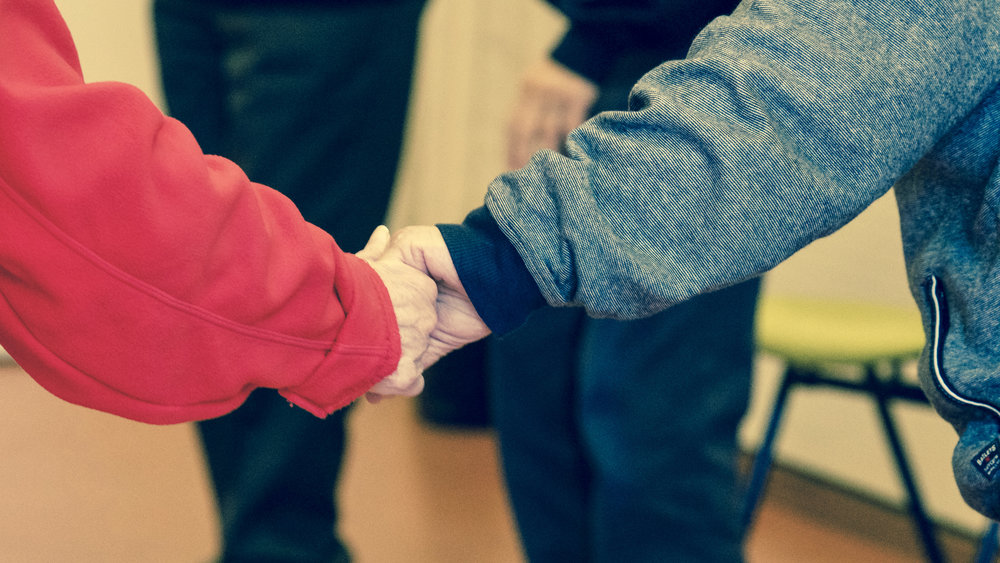The Erosion of Civility: Why it matters and what you can do about it

ALL CAPS EMAILS. Nasty phone exchanges. A verbal slight to a sales person.
Perhaps you’ve also noticed the rampant erosion of civility in our everyday lives. If you do anything related to customer service, you no doubt regularly experience it first hand. But every profession, industry, and context is subject to these offenses — from restaurant workers to teachers to medical professionals to entrepreneurs. And it bleeds into our personal lives, as well, affecting our friendships and romantic relationships. If things don’t go exactly as we want immediately, we lash out at whatever individual has been charged with fielding those gripes or anyone caught in the fray.
Perhaps a technical glitch didn’t deliver a purchase in the expected timeframe. Or a human error mixed up your order. Maybe you joined a group and later had a change of heart, only to berate the organizer.
We want perfection and we want it now. Technology and its concomitant efficiencies have trained us to demand curated precision — what we want and only want we want, when want it it — while lowering our tolerance for imperfection.
We can all think of a time when we responded abruptly to an inconvenience or error. Now consider these two things:
- Did that response rectify the situation and make you or the other involved parties feel any better?
- Do you hold yourself to the same impossible standards when you are the erroneous party or fall short on your ability to deliver?
The likely answer to both is “no.” Aggression rarely begets the response we seek. And we often ask to be made an exception in circumstances in which we would be far less lenient.
To be clear: I have high standards, in both my professional and personal life. I’m not advocating for a laissez-faire attitude. But there is a difference between snapping and consciously working through an issue. Between unconditionally demanding perfection and recognizing that all errors are not the result of ill-intentions.
We can demand excellence in all facets of our lives without denigrating the individuals who fail to live up to our expectations. For anyone who’s ever filed a customer service gripe or felt wronged by the system, the frustration is real. No one wants to feel taken advantage of, and your time is money. But stripping yourself of your humanity in the process is unproductive and charged with destructive negativity. It is toxic.
We are human. We err. Despite our best intentions and ongoing commitment to self-improvement, we often fall short. I believe in setting the bar high. But we must all check ourselves before we give in to our base instincts.
Next time you feel wronged, disappointed, or underwhelmed by what you’ve been handed, follow this 3-step process:
-
What forces may have contributed to this unwelcome outcome? Was it malice or an accident?
-
What is the best path to rectify the situation and achieve your desired results? (Hint: it probably doesn’t involve anything in all caps or a verbal screaming match)
-
Commit to a limited amount of time and resources to correct the situation, then move on and let go.
Don’t hold yourself hostage to the inevitable disappointments that surround us. Keep your standards high, and remember that standards mean nothing if they cost you your civility.
How have you found civil ways of correcting mistakes? When have you been on the receiving end of someone’s rampage, and how did you deal with it? I want to hear your experiences in the comments.
Yours,
Anna

Amazon | B&N | Books Inc. | iBooks | Kobo

Want more style and life upgrade advice? Take the Sociology of Style quiz, or check out the Success With Style series for men and women.